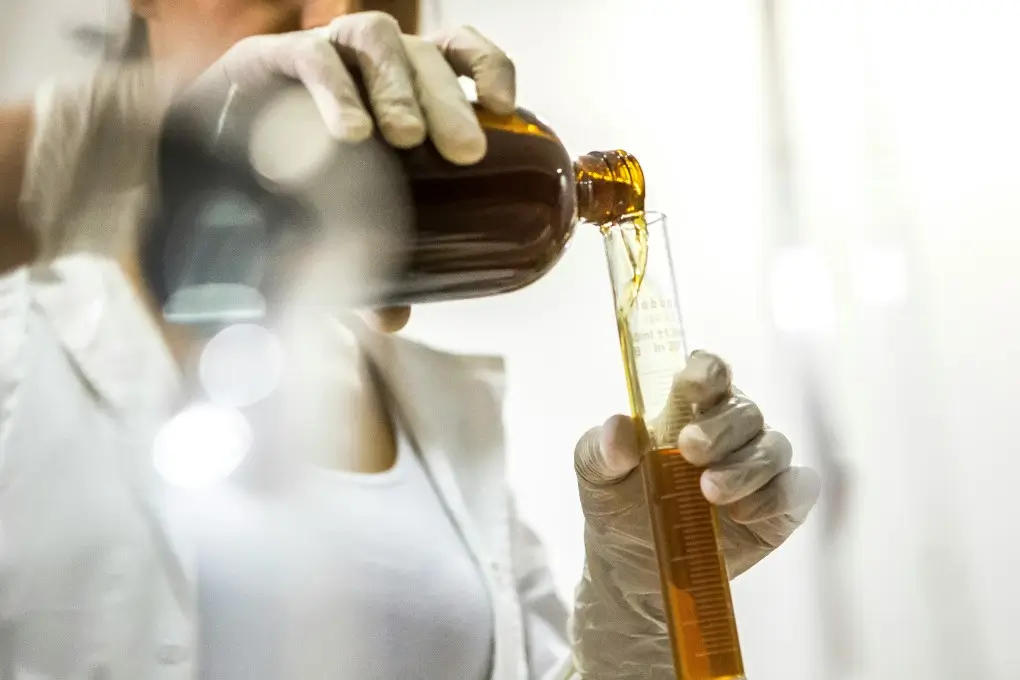What is dopamine and why is it important?
Dopamine is a neurotransmitter, a chemical messenger in the brain that transmits signals between neurons. It belongs to the catecholamine family and serves as a key player in the brain’s reward system. Dopamine is involved in regulating pleasure, motivation, reinforcement, and motor function. Imbalances in dopamine levels have been implicated in various neurological and psychiatric disorders, including Parkinson’s disease, schizophrenia, addiction, and mood disorders.
The relationship between cannabinoids and dopamine
Cannabinoids are chemical compounds found in the cannabis plant, with delta-9-tetrahydrocannabinol (THC) and cannabidiol (CBD) being the most studied. These compounds interact with the endocannabinoid system (ECS), a complex network of receptors, enzymes, and endogenous cannabinoids (endocannabinoids) that play a crucial role in maintaining homeostasis throughout the body, including the regulation of neurotransmitter release.
How Cannabinoids Influence Dopamine Levels
Research suggests that cannabinoids can modulate dopamine levels through various mechanisms. THC, the primary psychoactive component of cannabis, acts as a partial agonist of cannabinoid receptors, particularly CB1 receptors, which are abundant in regions of the brain associated with reward processing and motor control. By activating CB1 receptors, THC can enhance dopamine release in certain brain regions, leading to euphoria and altered perception.
THC and Dopamine
THC’s ability to increase dopamine levels in the mesolimbic pathway, often dubbed the brain’s reward pathway, is well-documented. This surge in dopamine activity is believed to underlie the pleasurable effects of cannabis, including the “high” sensation sought by recreational users. However, chronic THC exposure has been associated with desensitization of CB1 receptors and blunted dopamine responses, potentially contributing to cannabis tolerance and dependence.
CBD and Dopamine
In contrast to THC, CBD does not directly bind to CB1 receptors and has a more complex pharmacological profile. While research on CBD’s effects on dopamine is still in its infancy, emerging evidence suggests that CBD may modulate dopamine levels indirectly by interacting with other neurotransmitter systems, such as serotonin and glutamate, and by influencing the activity of enzymes involved in dopamine metabolism. Some studies suggest that CBD may have neuroprotective properties and could mitigate the adverse effects of excessive dopamine release.
The implications of Cannabinoids on Dopamine levels
The impact of cannabinoids on dopamine levels has significant implications for both recreational and medicinal cannabis use. Understanding how different cannabinoids affect dopamine signaling pathways can inform harm reduction strategies and help mitigate the potential risks associated with cannabis abuse, such as addiction, cognitive impairment, and psychiatric disorders. Moreover, elucidating the neurobiological mechanisms underlying the therapeutic effects of cannabis-derived compounds may lead to the development of novel treatments for conditions involving dopamine dysregulation, such as Parkinson’s disease and addiction disorders.
A promising area of research
Despite the progress made in unraveling the complex interplay between cannabinoids and dopamine, many questions remain unanswered. Future research efforts should focus on elucidating the precise mechanisms by which cannabinoids modulate dopamine neurotransmission, exploring the long-term consequences of chronic cannabis exposure on dopamine-dependent processes, and investigating the therapeutic potential of cannabinoids in treating dopamine-related disorders. By advancing our understanding of this fascinating frontier in neuroscience, we can harness the therapeutic benefits of cannabinoids while minimizing potential risks, paving the way for more personalized and effective interventions in the realm of neuropsychiatry.




